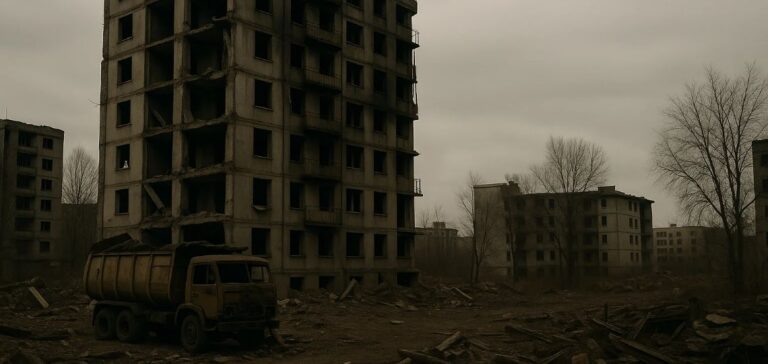The Kremlin has stated it is not in a position to clarify the end date of the moratorium on strikes targeting Ukrainian energy infrastructure, introduced following negotiations led by the United States. The announcement comes just days before the presumed expiry of the 30-day period declared by Russian President Vladimir Putin after a call with US President Donald Trump on 18 March.
Following that call, Russia announced the suspension of its airstrikes against Ukrainian energy facilities. Washington confirmed a separate tripartite agreement with Moscow and Kyiv aimed at pausing attacks on energy structures to reduce combat intensity in this strategically vital area. However, no formal start or end date for the moratorium has been made public, and the precise terms of its implementation remain undefined.
A disputed and loosely observed moratorium
Kremlin spokesperson Dmitry Peskov, questioned during his daily press briefing, refrained from giving any clear indication of the moratorium’s expiration. “We will keep you informed, but I am not ready to communicate the decision taken,” he stated in the presence of Agence France-Presse (AFP). According to Russian authorities, the moratorium officially began on 18 March for a period of 30 days, though no corresponding confirmation has been issued by Ukrainian officials.
Mutual accusations of breaches of the agreement have become a fixture in official statements from both capitals. On Wednesday, the Russian Ministry of Defence again accused Kyiv of conducting strikes on Russian energy installations, casting further doubt on the agreement’s viability amid a growing climate of mistrust between the two parties.
Escalating violence despite the energy truce
On the ground, airstrikes continue. A missile attack attributed to Russia killed 35 people in the city of Sumy in northeastern Ukraine last Sunday, according to Ukrainian authorities. The strike is among the deadliest incidents of the conflict in recent weeks.
The US diplomatic initiative, led by Donald Trump, initially aimed for an unconditional and comprehensive ceasefire—accepted by Ukraine but rejected by Russia. The continuation of hostilities, despite the declared commitments, underscores the limitations of temporary security measures in the context of prolonged warfare.






















